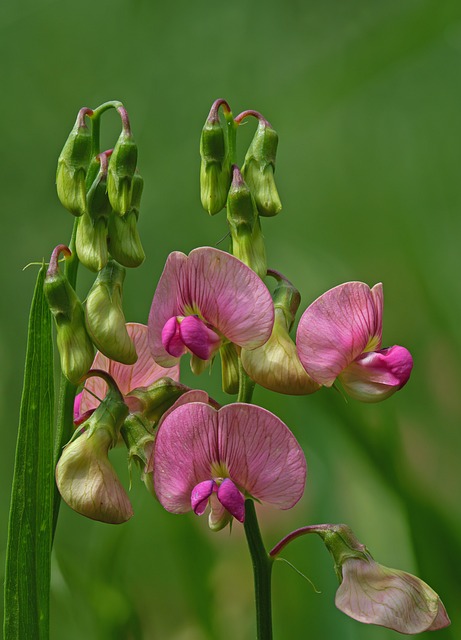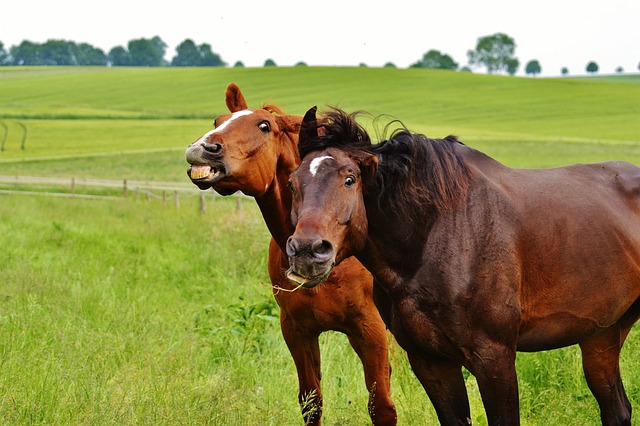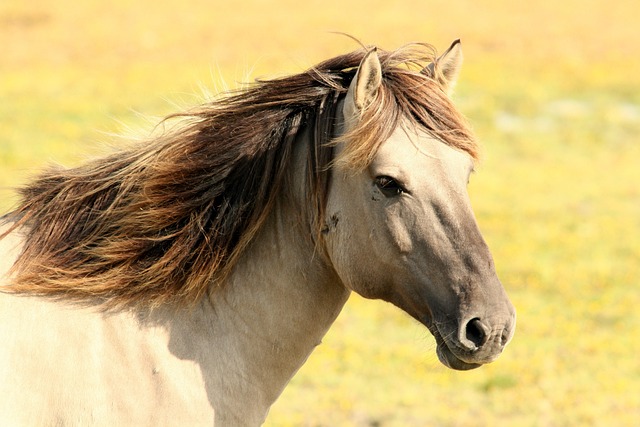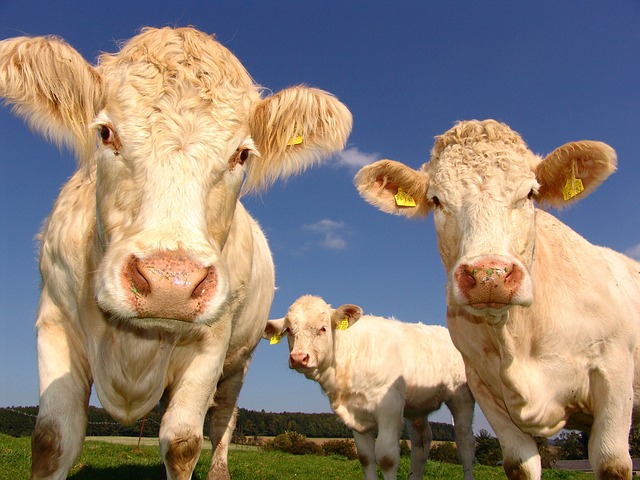Common Ailments & Illnesses

No school? Need to get fit?
January 27, 2023
Vetch Poisoning
January 27, 2023
Categories
Horses are majestic and powerful animals, but like all living beings, they are also prone to various ailments and illnesses. Here are some common ones:
- Colic: Colic is a term used to describe abdominal pain in horses. It can be caused by a variety of factors, such as gut obstructions, gastric ulcers, and intestinal parasites. Symptoms include rolling, sweating, pawing at the ground, and loss of appetite. Colic can be serious and even life-threatening if not treated promptly, so it is important to seek veterinary care as soon as possible.
- Lameness: Lameness refers to an abnormal gait or difficulty in movement due to pain or injury. It can be caused by a variety of factors, including injuries, arthritis, and hoof problems. Symptoms include limping, swelling, and reluctance to move. Lameness can be caused by a wide range of issues, so it is important to have a veterinarian diagnose and treat the problem.
- Respiratory problems: Respiratory problems are common in horses and can be caused by a variety of factors, such as allergies, infections, and environmental irritants. Symptoms include coughing, nasal discharge, and difficulty breathing. Proper management of the horse’s environment and timely treatment can help prevent and manage respiratory issues.
- Skin conditions: Skin conditions in horses are fairly common and can be caused by allergies, infections, or parasites. Symptoms include itching, redness, and hair loss. Proper grooming and management of the horse’s environment can help prevent skin conditions, and prompt treatment is important to ensure that they do not become more serious.
- Cushing’s disease: Cushing’s disease, also known as pituitary pars intermedia dysfunction (PPID), is a hormonal disorder that affects older horses. It is caused by a problem with the pituitary gland, which leads to an excess of certain hormones in the body. Symptoms include a long, thick hair coat, weight gain, and lethargy. Cushing’s disease can be managed with medication and lifestyle changes, and early diagnosis is important for a good prognosis.
It is important to keep an eye on your horse’s health and to seek veterinary care if you notice any changes in behavior or appearance. With proper care and treatment, many of these common ailments and illnesses can be successfully managed.




